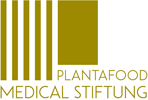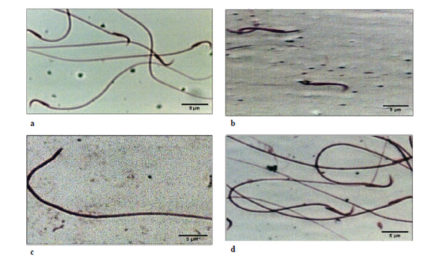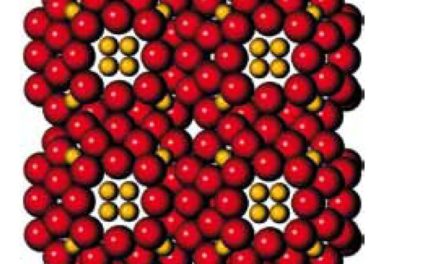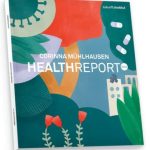Das therapeutische Potenzial von Apigenin
Bahare Salehi 1 , Alessandro Venditti 2 , Mehdi Sharifi-Rad 3,*, Dorota Kregiel 4 , Javad Sharifi-Rad 5,* , Alessandra Durazzo 6,*, Massimo Lucarini 6,*, Antonello Santini 7,* Eliana B. Souto 8,9, Ettore Novellino 7, Hubert Antolak 4,* , Elena Azzini 6,* William N. Setzer 10 and Natália Martins 11,12
1 Student Research Committee, School of Medicine, Bam University of Medical Sciences, Bam 44340847, Iran; bahar.salehi007@gmail.com
2 Dipartimento di Chimica, “Sapienza” Università di Roma, Piazzale Aldo Moro 5, 00185 Rome, Italy; alessandro.venditti@gmail.com
3 Department of Medical Parasitology, Zabol University of Medical Sciences, Zabol 61663-335, Iran
4 Institute of Fermentation Technology and Microbiology, Lodz University of Technology, Wolczanska 171/173, 90-924 Lodz, Poland; dorota.kregiel@p.lodz.pl
5 Food Safety Research Center (salt), Semnan University of Medical Sciences, Semnan 35198-99951, Iran
6 CREA-Research Centre for Food and Nutrition, Via Ardeatina 546, 00178 Rome, Italy
7 Department of Pharmacy, University of Napoli Federico II, Via D. Montesano 49, 80131 Napoli, Italy; ettore.novellino@unina.it
8 Faculty of Pharmacy of University of Coimbra Azinhaga de Santa Comba, Polo III-Saúde 3000-548 Coimbra, Portugal; ebsouto@ebsouto.pt
9 CEB-Centre of Biological Engineering, University of Minho, Campus de Gualtar, 4710-057 Braga, Portugal
10 Department of Chemistry, University of Alabama in Huntsville, Huntsville, AL 35899, USA; setzerw@uah.edu
11 Faculty of Medicine, University of Porto, Alameda Prof. Hernâni Monteiro, 4200-319 Porto, Portugal; ncmartins@med.up.pt
12 Institute for Research and Innovation in Health (i3S), University of Porto, 4200-135 Porto, Portugal
* Correspondence: mehdi_sharifirad@yahoo.com (M.S.-R.); javad.sharifirad@gmail.com (J.S.-R.); alessandra.durazzo@crea.gov.it (A.D.); massimo.lucarini@crea.gov.it (M.L.); asantini@unina.it (A.S.);
hubert.antolak@p.lodz.pl (H.A.); elena.azzini@crea.gov.it (E.A.); Tel.: +98-543-225-1790 (M.S.-R.); +98-21-8820-0104 (J.S.-R.); +39-065-149-4439 (A.D.); +39-065-149-4446 (M.L.); +39-081-253-9317 (A.S.);
+48-426-313-479 (H.A.); +39-065-149-4461 (E.A.)
Received: 11 February 2019; Accepted: 6 March 2019; Published: 15 March 2019
Abstract
Several plant bioactive compounds have exhibited functional activities that suggest they could play a remarkable role in preventing a wide range of chronic diseases. The largest group of naturally-occurring polyphenols are the flavonoids, including apigenin. The present work is an updated overview of apigenin, focusing on its health-promoting effects/therapeutic functions and, in particular, results of in vivo research. In addition to an introduction to its chemistry, nutraceutical features have also been described. The main key findings from in vivo research, including animal models and human studies, are summarized. The beneficial indications are reported and discussed in detail, including effects in diabetes, amnesia and Alzheimer’s disease, depression and insomnia, cancer, etc. Finally, data on flavonoids from the main public databases are gathered to highlight the apigenin’s key role in dietary assessment and in the evaluation of a formulated diet, to determine
exposure and to investigate its health effects in vivo.
Keywords
apigenin; flavonoids; chronic diseases; diabetes; cancer









